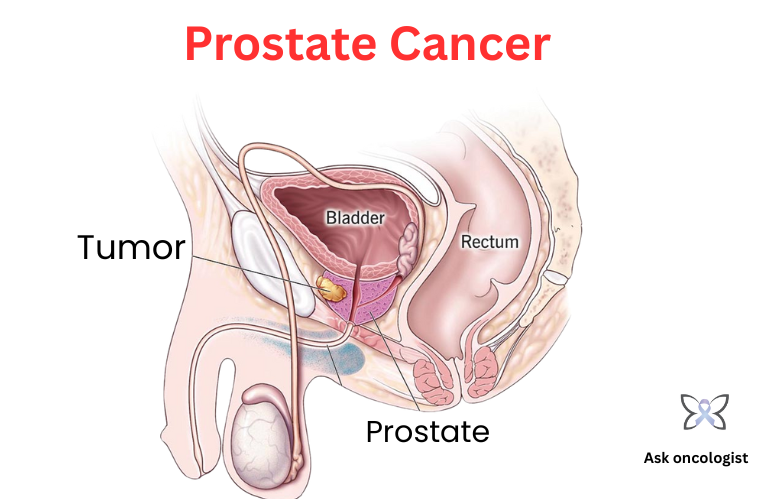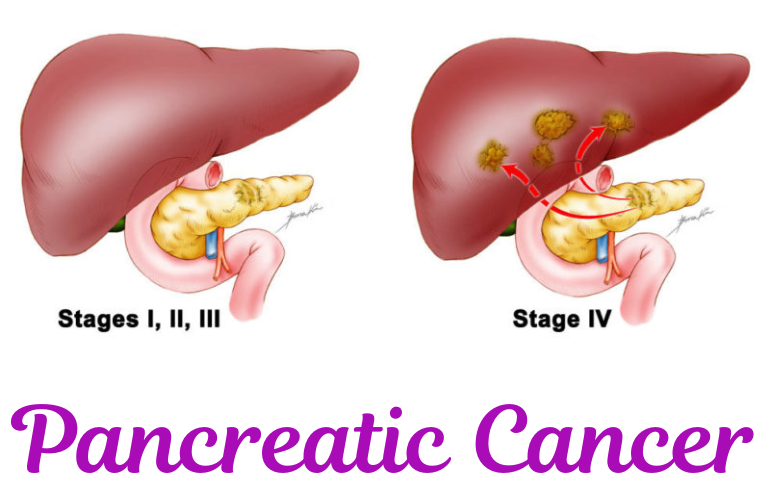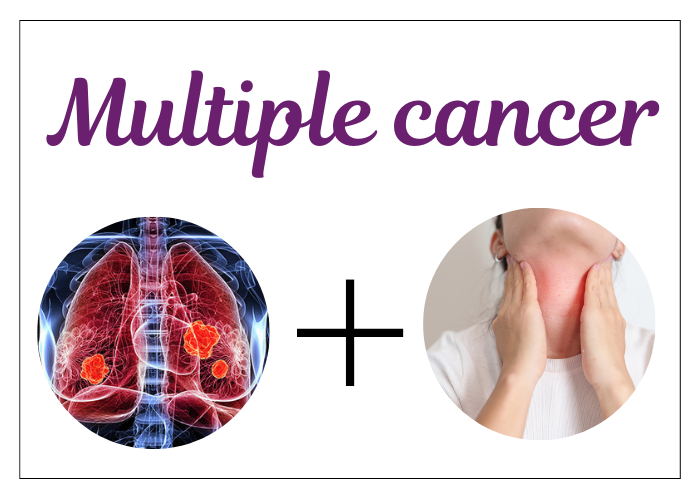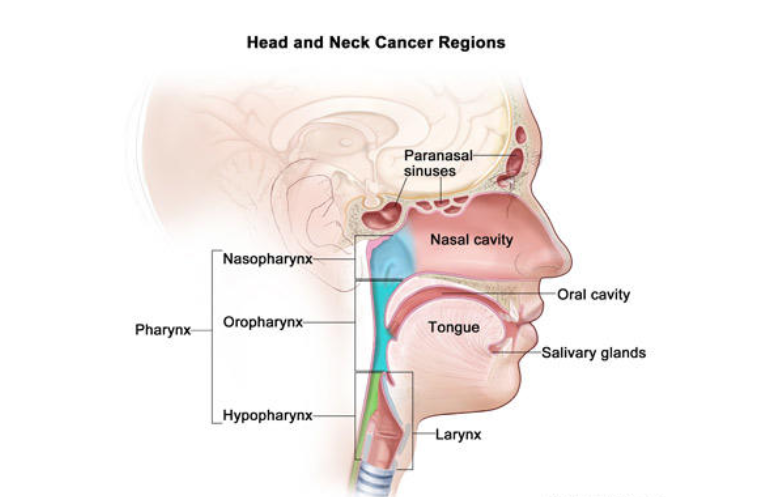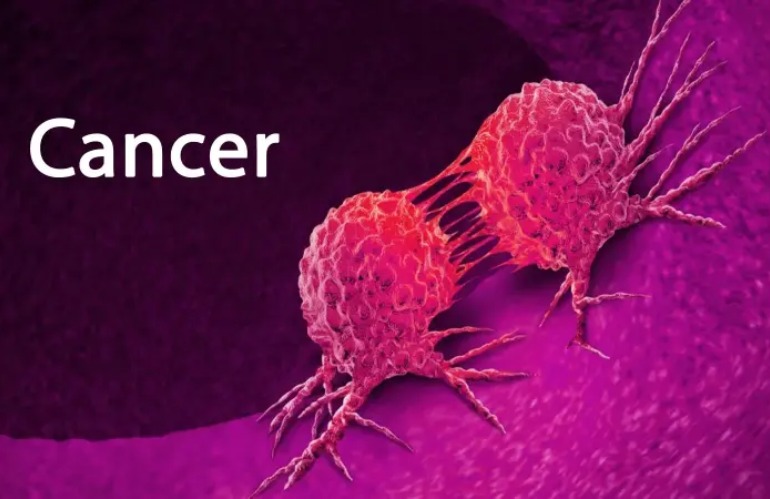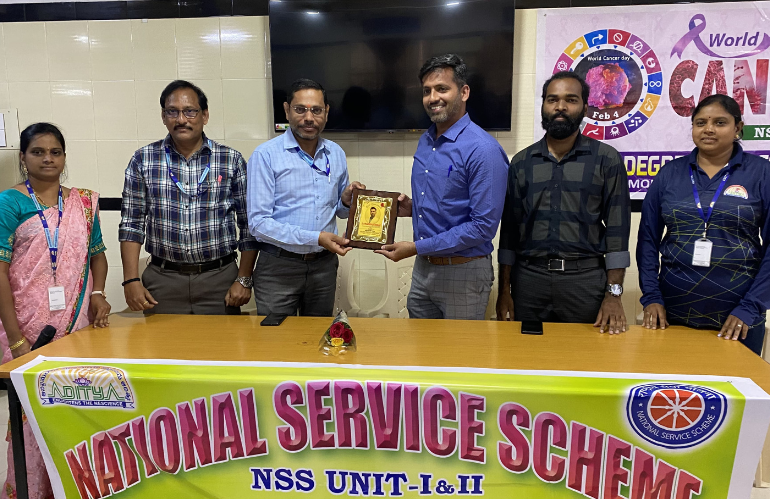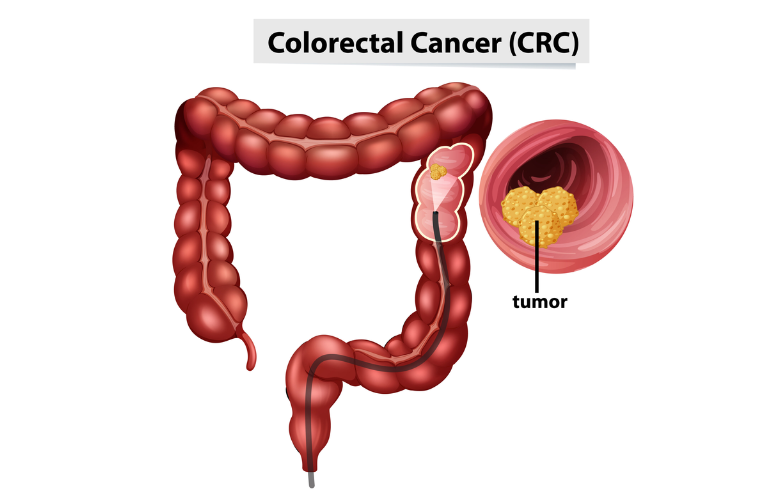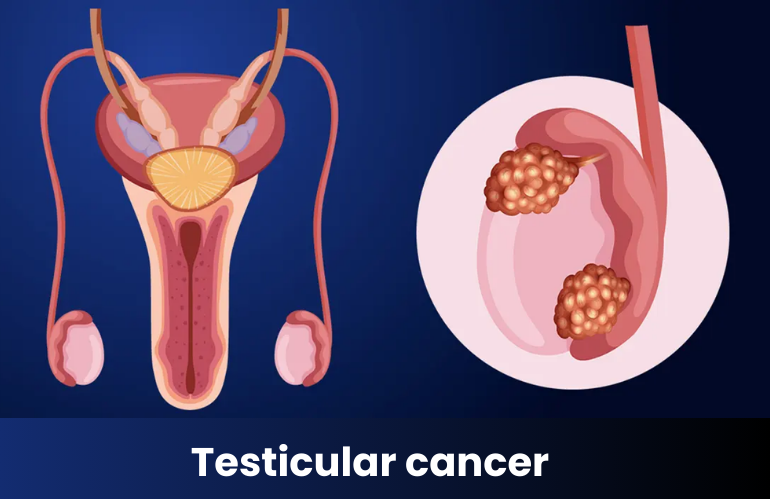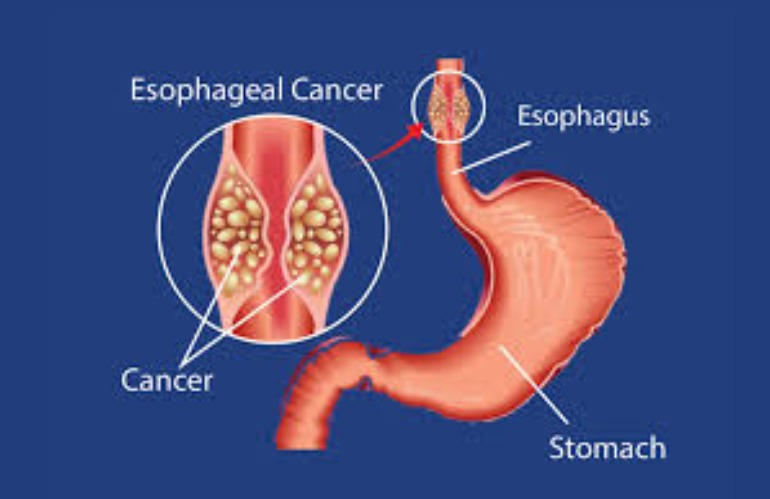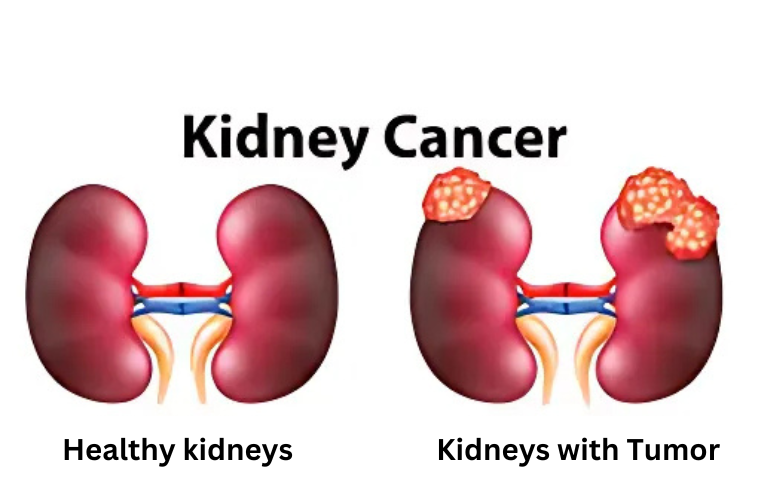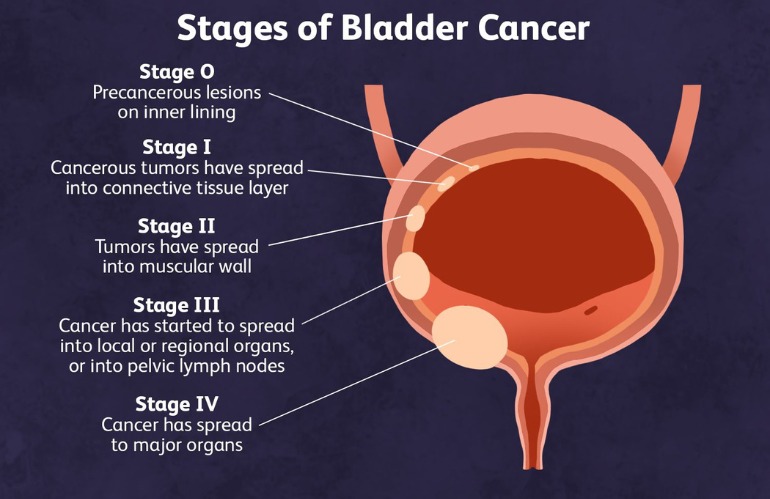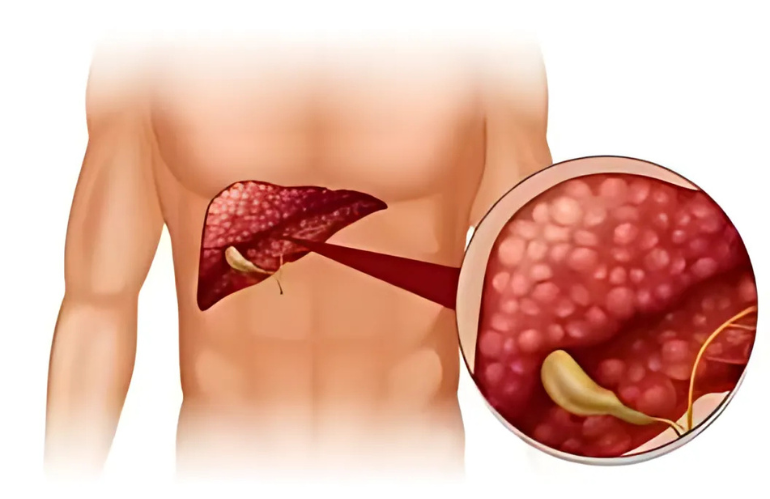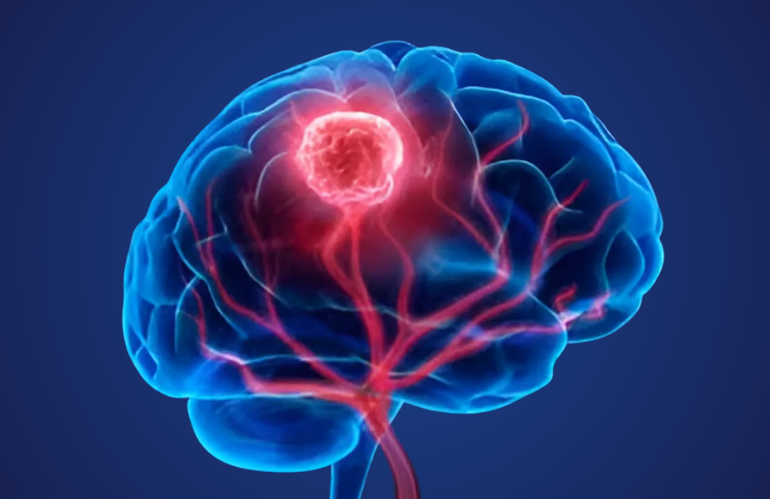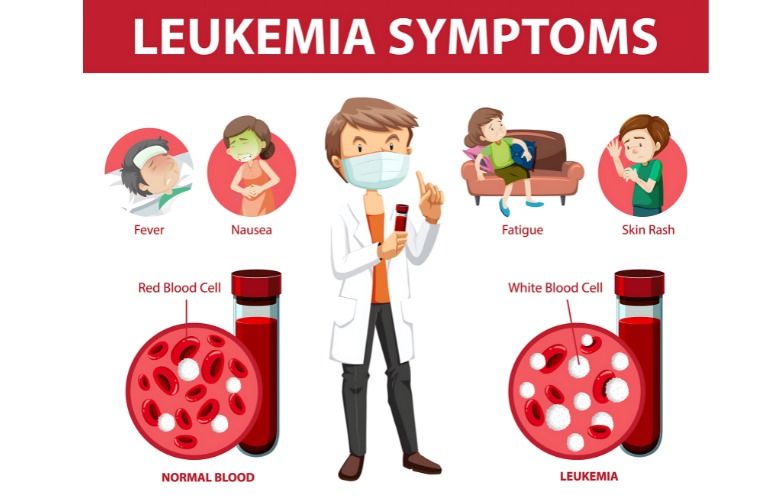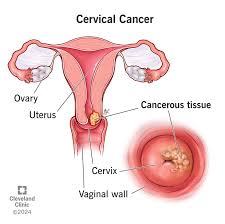Comprehensive Guide to Cancer: Causes, Prevention, Diagnosis & Treatment by Dr. Pradeep Bhaskar, Best Oncologist in Kakinada
Cancer is one of the most serious health concerns worldwide, affecting millions of people each year. It occurs when abnormal cells in the body grow and multiply uncontrollably. Early detection and proper medical care are crucial in managing and treating cancer effectively.
What is Cancer?
Cancer is a disease that results from genetic mutations in the body's cells, leading to uncontrolled cell division. These abnormal cells can invade nearby tissues and spread to other parts of the body, a process known as metastasis. Unlike normal cells, cancerous cells do not follow the natural cycle of growth and death, causing tumors or affecting blood cells in conditions like leukemia.
How is Cancer Formed?
Cancer forms due to changes in the DNA of cells. These mutations can be caused by various factors, including:
● Genetic Factors: Some cancers are hereditary, meaning they can be passed down in families.
● Lifestyle Choices: Smoking, alcohol consumption, poor diet, and lack of exercise increase cancer risk.
● Environmental Factors: Exposure to radiation, pollution, and harmful chemicals can lead to cancer.
● Infections: Certain viruses, such as the human papillomavirus (HPV) and hepatitis B/C, are linked to cancer.
● Weakened Immune System: People with weak immune systems are more susceptible to cancerous cell growth.
Types of Cancer
Cancer can develop in different parts of the body, and the most common types include:
● Carcinomas: Affecting organs and glands (e.g., Lung Cancer, Breast Cancer, Prostate Cancer, and Colon Cancer).
● Sarcomas: Forming in bones and soft tissues like muscles and fat.
● Leukemias: Affecting the blood and bone marrow.
● Lymphomas: Impacting the immune system, particularly lymph nodes.
● Melanomas: A type of Skin Cancer caused by abnormal growth of pigment cells.
How is Cancer Diagnosed?
Early diagnosis improves the chances of successful treatment. Common diagnostic methods include:
● Physical Examination: Checking for lumps, swelling, or other abnormalities.
● Imaging Tests: X-rays, CT scans, MRIs, and PET scans help detect tumors.
● Biopsy: A sample of tissue is taken and examined under a microscope.
● Blood Tests: Used to check for abnormal markers associated with cancer.
● Genetic Testing: Identifies inherited cancer risks.
Cancer Treatment in Kakinada
Dr. Pradeep Bhaskar offers Lung Cancer Treatment in Kakinada, Breast Cancer Specialist Services in Kakinada, Prostate Cancer Care in Kakinada, Skin Cancer Treatment in Kakinada, and Blood Cancer Treatment in Kakinada. With advanced oncology care and expertise, patients receive comprehensive treatment options.
How to Prevent Cancer?
While not all cancers are preventable, certain lifestyle changes can reduce the risk:
● Quit Smoking: Tobacco use is the leading cause of Lung Cancer and Throat Cancer.
● Limit Alcohol: Excessive alcohol consumption increases the risk of Liver Cancer, Breast Cancer, and Digestive Cancers.
● Maintain a Healthy Diet: Consume a balanced diet rich in fruits, vegetables, and whole grains.
● Regular Exercise: Physical activity reduces the risk of many types of cancer.
● Protect Yourself from the Sun: Use sunscreen and wear protective clothing to prevent Skin Cancer.
● Get Vaccinated: HPV Vaccine in Kakinada is available to prevent virus-related cancers.
● Regular Medical Checkups: Early detection increases the chances of successful treatment.
Home Remedies for Cancer Prevention
Although home remedies do not cure cancer, they may help reduce risk:
● Turmeric: Contains curcumin, which has anti-inflammatory and anti-cancer properties.
● Green Tea: Rich in antioxidants that may slow cancer cell growth.
● Garlic & Ginger: Known for their immune-boosting and anti-cancer properties.
● Leafy Greens: Spinach, kale, and other greens contain cancer-fighting nutrients.
Good and Bad Food Habits for Cancer Prevention
Good Foods to Include:
● Fruits and vegetables (rich in antioxidants)
● Whole grains (brown rice, oats, quinoa)
● Healthy fats (olive oil, nuts, avocado)
● Lean proteins (fish, beans, tofu)
Foods to Avoid:
● Processed meats (bacon, sausages, hot dogs)
● High-sugar foods and beverages
● Excess red meat
● Fried and fast food
● Excessive alcohol
Environmental Factors That Cause Cancer
Environmental factors play a crucial role in cancer development. These include:
● Air Pollution: Long-term exposure to polluted air increases Lung Cancer risk.
● Radiation Exposure: UV rays from the sun and radiation from X-rays can damage cells.
● Pesticides and Chemicals: Harmful substances in food and water contribute to cancer.
● Industrial Pollutants: Asbestos, benzene, and other industrial toxins are linked to cancer
Cancer Symptoms and Consultation in Kakinada
It is essential to seek medical advice if you experience:
● Unexplained weight loss
● Persistent pain or fatigue
● Changes in bowel or bladder habits
● Unusual lumps or swelling
● Difficulty swallowing
● Persistent cough or hoarseness
● Abnormal bleeding or bruising
Advanced Cancer Diagnostics in Kakinada
Dr. Pradeep Bhaskar provides cutting-edge cancer diagnostic services, ensuring early detection and effective treatment.
Oncology Specialist Clinic in Kakinada
Dr. Pradeep Bhaskar, the Best Oncologist in Kakinada, specializes in cancer diagnosis, treatment, and prevention. With advanced medical expertise and compassionate care, he is dedicated to helping patients achieve the best possible outcomes.
For cancer consultations and screenings, book an appointment with Dr. Pradeep Bhaskar today!

